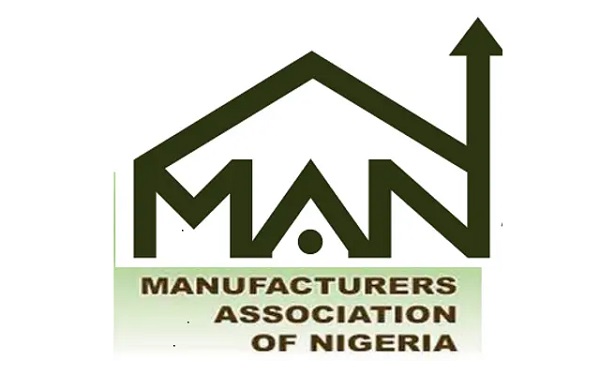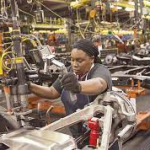The Manufacturers Association of Nigeria (MAN) has reported an 18.2% increase in production and distribution costs in the fourth quarter of 2024, underscoring the persistent economic challenges facing the manufacturing sector.
Director-General of MAN, Segun Ajayi-Kadir, released the findings in the Q4 2024 Manufacturers CEO Confidence Index (MCCI) report, highlighting forex instability, multiple taxation, poor infrastructure, and high energy costs as major constraints on manufacturing operations.
Production and distribution costs had already risen by 20.1% in the third quarter before the latest increase. Other indicators also reflected the tough operating environment, with employment declining by 0.7%—a smaller drop compared to the 3.5% recorded in the previous quarter. Shipment costs rose by 11.6%, down from a 17% increase in Q3, while capacity utilisation fell by 0.8%, signalling reduced production levels. Investment in the sector also dropped by 1.2%, reflecting weak investor confidence.
The report cited high electricity tariffs and rising alternative energy costs as key obstacles to production efficiency. Forex scarcity, soaring interest rates, and inflationary pressures further compounded the challenges, making it harder for manufacturers to remain competitive. The unstable exchange rate, in particular, continued to push up raw material costs and logistics expenses, creating significant financial strain.
“Manufacturing operations were directly impacted by the lingering effects of high raw material costs, energy, and logistics challenges. The continued existence of high exchange rates, interest rates, and inflation rates remains unfavourable to the overall business environment,” the report stated.
Despite these pressures, sales volume saw a modest 1.1% increase, the only positive movement recorded in the period. Additionally, the MCCI rose slightly by 0.5 points, reaching 50.7 points in Q4 from 50.2 in the previous quarter, indicating cautious optimism among manufacturers.
However, projections for the first quarter of 2025 suggest worsening business conditions. Expected business outlook dropped from 56 points to 53.2 points, while projected employment conditions declined to 53 points. Anticipated production levels also fell slightly from 54.3 to 54 points, reflecting concerns about a potential economic downturn.
The report noted that optimism in the sector was largely tied to hopes for exchange rate stability, lower energy costs, and tax reforms. MAN urged the government to implement policies that would ease forex access, reduce energy costs, and streamline taxation to support manufacturers and prevent further declines in production and investment.
As manufacturers continue to navigate these challenges, the outlook for 2025 remains uncertain, with businesses calling for urgent policy interventions to restore confidence and drive sustainable industrial growth.










